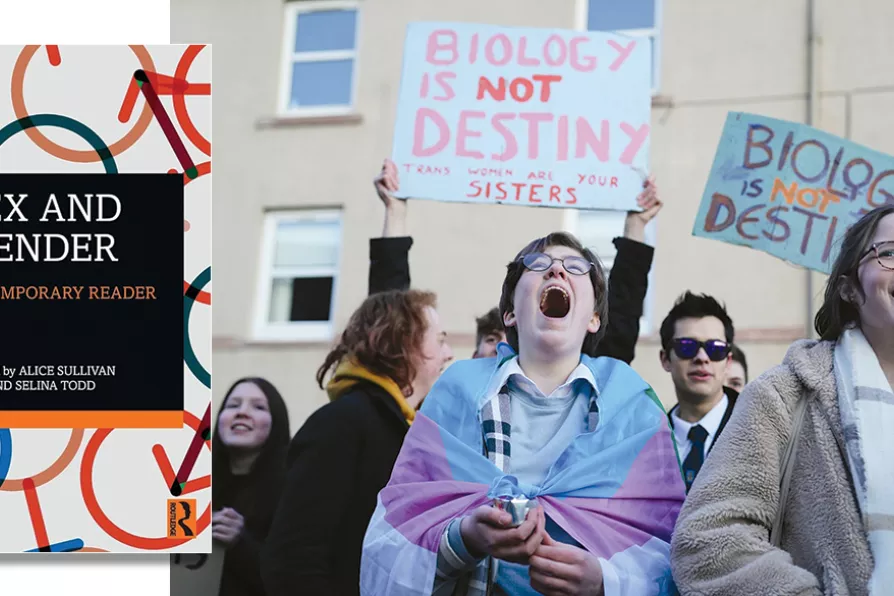Releases from Rahsaan Roland Kirk, Maggie Nicols/Robert Mitchell/Alya Al Sultani, and Gordon Beck Trio and Quintet

 DISCONTENT: Trans rights activists outside Portobello Library, Edinburgh, before a meeting to discuss transgender ideology in Scottish schools, March 2023
DISCONTENT: Trans rights activists outside Portobello Library, Edinburgh, before a meeting to discuss transgender ideology in Scottish schools, March 2023
Sex and Gender: a contemporary reader
Alice Sullivan & Selina Todd, Routledge, £35.99
THIS is an important book. It is a scholarly, multi-disciplinary and very well researched exploration of the relationship between sex, gender and gender identity.
It is also a much needed and timely book because, as the editors point out, we are currently witnessing “the erasure of sex categories from language, public policy, discourse and data collection” and this has profound implications for women’s lives.
The authors of the 15 chapters of the book share a broad understanding that sex is biological, immutable and binary, and that gender is an ideological construct which imposes gendered constraints on individuals according to their sex. As such the book’s starting premise is the refutation of gender identity ideology.

WILL PODMORE welcomes the case put by a feminist, disentangling the abusive rhetoric of the trans rights debate

ROS SITWELL reports from the Morning Star conference on ‘Race, Sex and Class Liberation’ last weekend

Supreme Court ruling prompts sporting bodies to redefine eligibility by biological sex











